Can flies teach us about diet self-medication?
Published in Ecology & Evolution

My mum always say that I am a man and, as a result, I exaggerate my symptoms when I get an infection, dramatising my pain by feeling like I am about to die.
I disagree.
Nonetheless, my mum and I – and I guess you too – can agree on one thing: we all hate getting an infection. And if you are anything like me though, you know when you are about to get one. My body works like this: if I am about to have a cold or the flu, I crave for sweet food like chocolate. If I have an upset stomach or diarrhoea (oversharing?), I crave for fatty food like potato chips/crisps and fried food.
I thought there was no scientific basis for this – so I only shared this hypothesis of mine with close friends and family – including mum. It turns out I might not be far off the truth – as a paper led by Dr Fleur Ponton (Macquarie University) and myself has revealed.
Fleur Ponton is an ecological immunologist working on insects. For this particular study, she was interested in whether or not fruit flies Drosophila melanogaster changed diets after being infected with pathogenic bacteria (Micrococcus luteus), and whether such dietary changes could be beneficial to individuals in order to fight off the infection.
We showed that when flies were infected, they reduced their protein (but not carbohydrate) intake, thereby consuming a diet that was carbohydrate-biased. In fact, the shift in protein-to-carbohydrate ratio changed from ca. 1:4 in non-infected flies to 1:10 in infected flies. Strikingly, flies that were fed sugar-rich diets after infection had lower mortality, revealing that flies self-medicate through their diet to combat bacterial infection.
But how does sugar eating improve infection ability? I’m glad you asked.
We showed that flies feeding on sugar-rich diet had much higher constitutive expression of innate immune genes – which are involved in the response to infection. On the other hand, flies fed on a protein-rich diet had lower constitutive expression of innate immune genes, potentially contributing to their lower ability to fight off the infection. Given the key role of nutrition on individual fitness, the results open up new avenues of research onto the role played by nutritional self-medication on the evolution and ecology of insects and other species.
Sadly for me, our study showed that flies decreased protein but not carbohydrate intake, crushing my hopes of justifying my cravings for sugar with scientific information (thanks, Science!).
Reference
Ponton, F. , Morimoto, J. , Robinson, K. , Kumar, S. S., Cotter, S. , Wilson, K. and Simpson, S. J. (2019), Macronutrients modulate survival to infection and immunity in Drosophila. Journal of Animal Ecology.
Image credits: Dr Ajay Narenda, Macquarie University
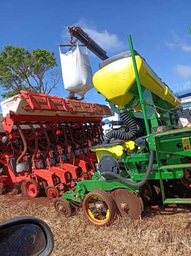
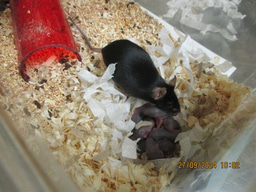
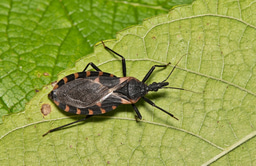
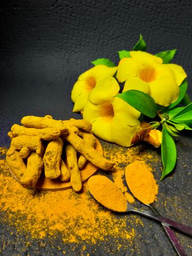
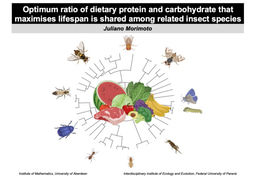
Please sign in or register for FREE
If you are a registered user on Research Communities by Springer Nature, please sign in
How fascinating! Although not an infection, I get migraines from time to time and I NEED sugar immediately after. It's the only time I drink fizzy drinks and eat cake at the same time, but it works! When I'm sick I go completely off coffee, which I love and drink everyday, and want salty food...